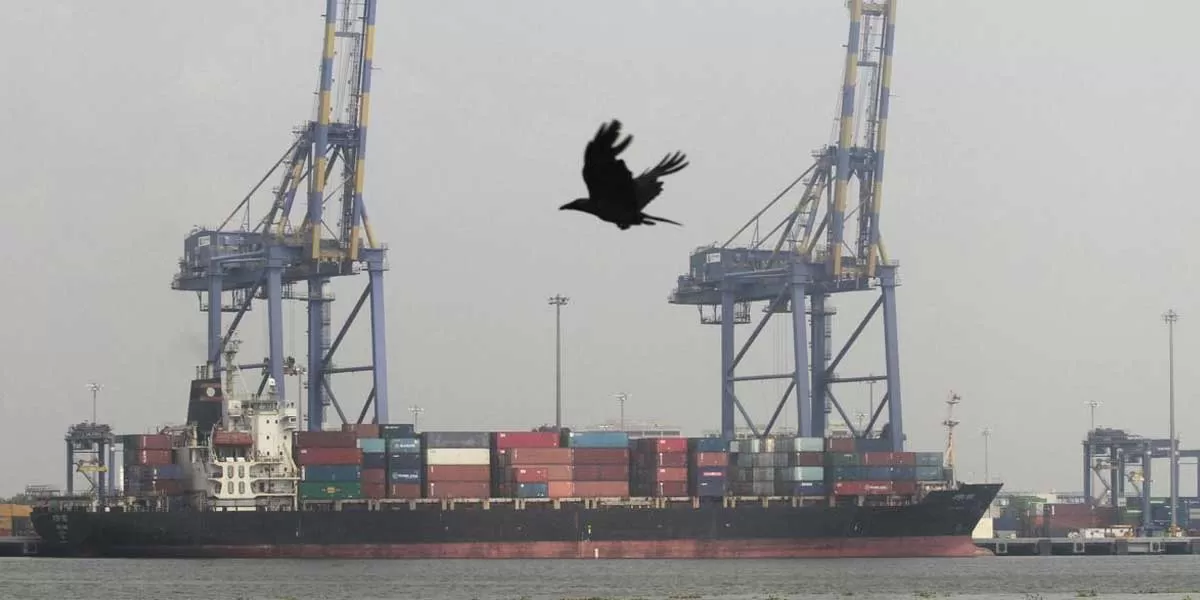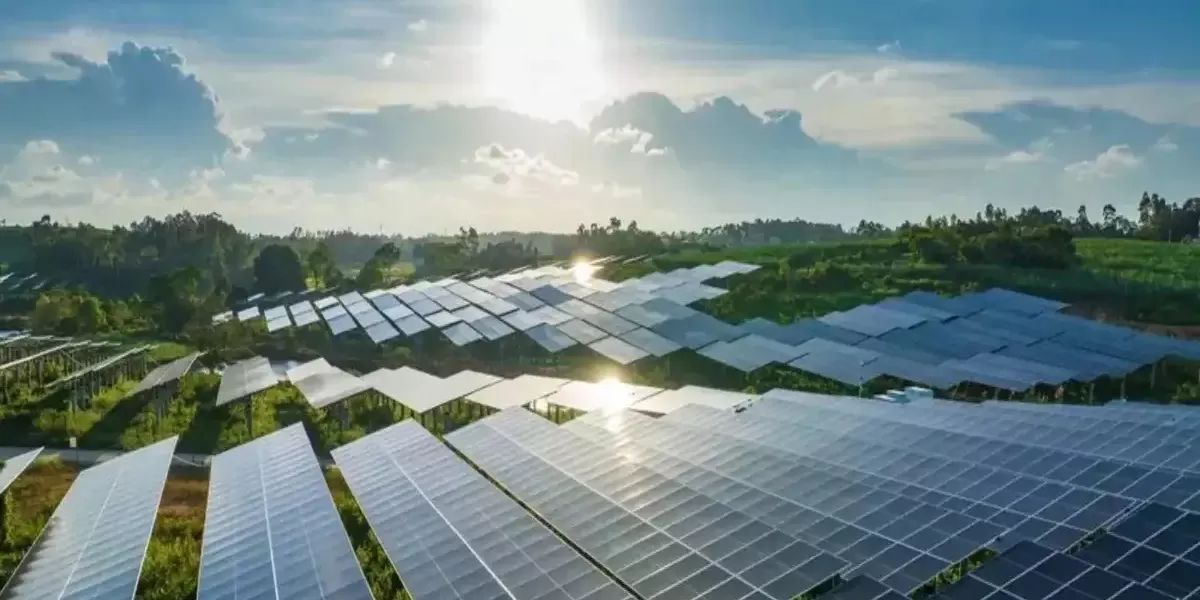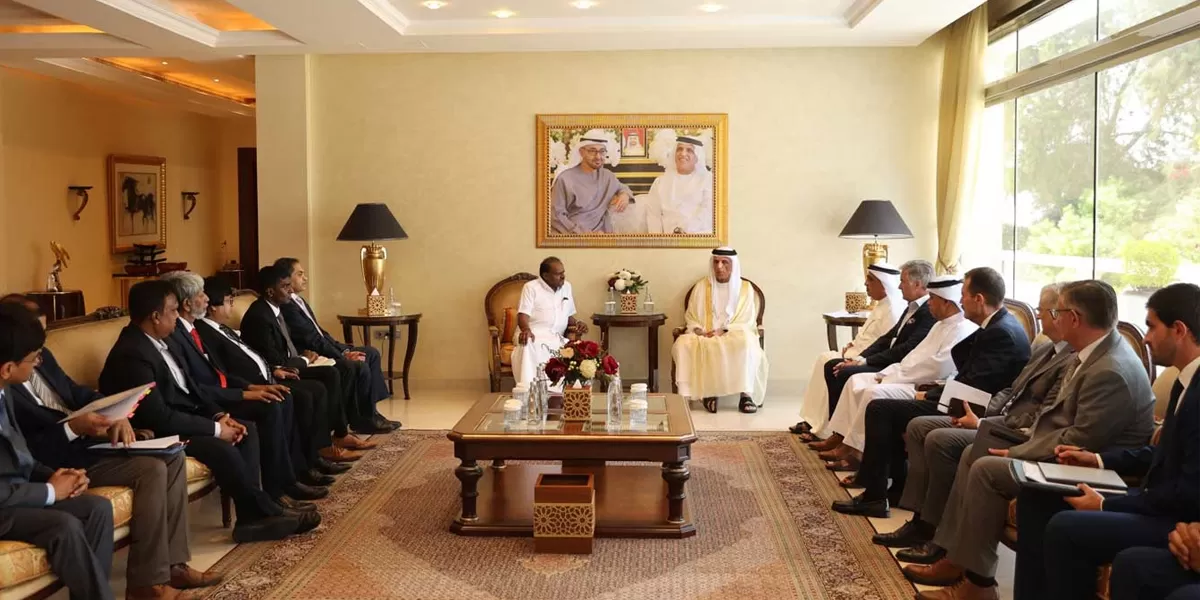
Coastal Shipping Bill Introduced In Lok Sabha amid Din

SJVN Green Adds 100 MW Solar Capacity in Bikaner
SJVN Green Energy Ltd (SGEL), a wholly owned subsidiary of SJVN, has commenced commercial operations of an additional 100.02 MW from its 1,000 MW solar power project in Bikaner, Rajasthan. With this, the total commercially operational capacity at the site now stands at 501.02 MW.In a regulatory filing on Monday, SJVN confirmed that the newly added capacity became operational on 30 June 2025. The balance capacity is expected to be commissioned in the near future, progressively bringing the entire 1,000 MW project online.The Bikaner solar project is one of SGEL’s key renewable energy initiativ..

India, RAK Mull Long Term Deal For Limestone And Green Steel
Union Steel Minister H D Kumaraswamy met Ras Al Khaimah (RAK) ruler Saud Bin Saqr Al Qasimi in Dubai to discuss securing long term access to low silica limestone from the UAE and collaborating on green steel production. The talks coincided with the Minister’s inauguration of new overseas offices for state owned engineering firm MECON and miner NMDC.Both sides examined opportunities in green hydrogen, value added steel exports from India, and setting up calcined lime plants in RAK that would use the emirate’s limestone and natural gas. Kumaraswamy invited RAK to join Indian ..

Mahindra Lifespace Buys 9 Acre Plot in Bengaluru for Rs 2 Bn
Mahindra Lifespace Developers Ltd has purchased Shreyas Stones Pvt Ltd, which owns an 8.79 acre parcel at Navaratna Agrahara in North Bengaluru, for approximately Rs 2.0 billion. The share purchase agreement transfers one hundred per cent of SSPL’s equity—10,000 shares of Rs 10 each—to Mahindra Lifespace.The site will be integrated with an adjacent Mahindra holding, creating a unified premium housing scheme with a projected gross development value of about Rs 21.0 billion. On its own, the newly acquired plot is expected to generate roughly Rs 11.0 billion in sales..














